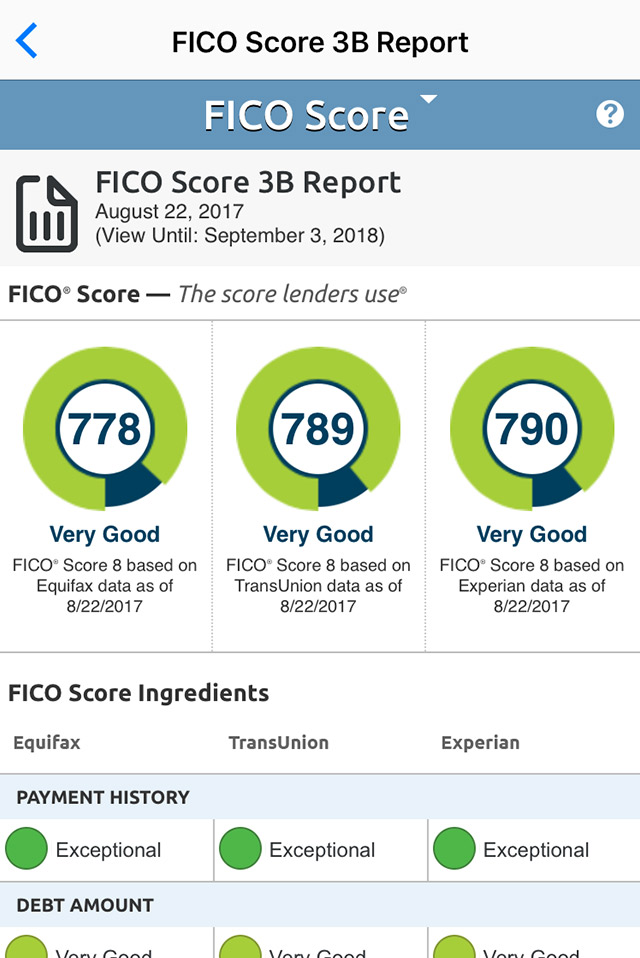Opportunities are, you have actually seen commercials boasting the advantages of a reverse mortgage: "Let your home pay you a regular monthly dream retirement income!" Sounds wonderful, best? These claims make a reverse home mortgage noise practically too great to be real for senior house owners. But are they? Let's take a more detailed look. A reverse home mortgage is a kind of loan that utilizes your home equity to provide the funds for the loan itself.
It's generally a chance for senior citizens to use the equity they've developed over numerous years of paying their home loan and turn it into a loan on their own. A reverse home mortgage works like a regular home loan because you need to use and get approved for it by a lender.
But with a reverse mortgage, you do not pay on your house's principal like you would with a regular mortgageyou take payments from the equity you have actually built. You see, the bank is lending you back the money you have actually currently paid on your home however charging you interest at the very same time.
Appears easy enough, right? But here comes the cringeworthy truth: If you pass away before you've offered your home, those you leave are stuck with 2 options. They can either pay off the full reverse mortgage and all the interest that's accumulated over the years, or surrender your home to the bank.
Like other kinds of mortgages, there are different kinds of reverse home mortgages. While they all essentially work the same way, there are three main ones to understand about: The most common reverse home mortgage is the Home Equity Conversion Mortgage (HECM). HECMs were created in 1988 to help older Americans make ends satisfy by permitting them to tap into the equity of their homes without needing to vacate.
Not known Facts About What Are The Current Interest Rates For Mortgages
Some folks will use it to spend for expenses, vacations, house restorations or perhaps to pay off the staying amount on their routine mortgagewhich is nuts! And the repercussions can be big. HECM loans are continued a tight leash by the Federal Real Estate Administration (FHA.) They do not want you to default on your home loan, Have a peek at this website so because of that, you will not certify for a reverse home mortgage if your house is worth more than a particular amount.1 And if you do certify for an HECM, you'll pay a substantial mortgage insurance coverage premium that safeguards here the lender (not you) against any losses - how do reverse mortgages really work.

They're provided from independently owned or operated companies. And because they're not controlled or guaranteed by the federal government, they can draw house owners in with pledges of greater loan amountsbut with the catch of much higher rate of interest than those federally insured reverse home mortgages. They'll even use reverse home loans that permit homeowners to borrow more of their equity or consist of homes that exceed the federal optimum amount.
A single-purpose reverse home mortgage is used by government agencies at the state and regional level, and by nonprofit groups too. It's a type of reverse home loan that puts rules and limitations on how you can utilize the money from the loan. (So you can't spend it on an elegant holiday!) Typically, single-purpose reverse home loans can just be used to make real estate tax payments or pay for house repair work.
The important things to bear in mind is that the loan provider needs to authorize how the cash will be used before the loan is provided the OKAY. These loans aren't federally guaranteed either, so lending institutions don't have to charge home loan insurance premiums. However given that the cash from a single-purpose reverse home loan has actually to be used in a particular way, they're typically much smaller in their amount than HECM loans or exclusive reverse home loans.
Own a paid-off (or at least substantially paid-down) house. Have this home as your primary residence. Owe absolutely no federal debts. Have the money flow to continue paying real estate tax, HOA costs, insurance coverage, upkeep and other house expenses. And it's not just you that needs to qualifyyour house also needs to fulfill certain requirements.
Unknown Facts About What Are Lenders Fees For Mortgages

The HECM program likewise permits reverse home loans on condos authorized by the Department of Housing and Urban Advancement. Prior to you go and sign the documents on a reverse home loan, have a look at these 4 major downsides: You might be believing about securing a reverse mortgage since you feel great borrowing versus your house.
Let's simplify like this: Picture having $100 in the bank, but when you go to withdraw that $100 in money, the bank just gives you $60and they charge you interest on that $60 from the $40 they keep. If you wouldn't take that "offer" from the bank, why in the world would you want to do it with your home you've spent decades paying a home mortgage on? But that's exactly what a reverse home loan does.
Why? Since there are costs to pay, which leads us to our next point. Reverse home mortgages are loaded with additional expenses. And the majority of customers decide to pay these fees with the loan they will getinstead of paying them expense. The important things is, this costs you more in the long run! Lenders can charge up to 2% of a house's worth in an paid up front.
So on a $200,000 home, that's a $1,000 annual cost after you have actually paid $4,000 upfront naturally!$14 on a reverse home loan are like those for a regular mortgage and consist of things like home appraisals, credit checks and processing costs. So prior to you know it, you've drawn out thousands from your reverse home loan prior to you even see the first penny! And considering that a reverse home mortgage is just letting you tap into a percentage the value of your house anyhow, what happens as soon as you reach that limitation? The cash stops.
So the quantity of cash you owe goes up every year, each month and every day up until the loan is settled. The marketers promoting reverse home loans enjoy to spin the old line: "You will never owe more than your home is worth!" However that's not exactly real due to the fact that of those high rate of interest.
Some Known Factual Statements About What Are The Current Refinance Rates For Mortgages
Let's state you live until you're 87. When you die, your estate owes $338,635 on your $200,000 house. So rather of having a paid-for house to pass on to Additional reading your loved ones after you're gone, they'll be stuck to a $238,635 expense. Opportunities are they'll need to sell the home in order to settle the loan's balance with the bank if they can't pay for to pay it.
If you're spending more than 25% of your income on taxes, HOA costs, and home expenses, that indicates you're home poor. Reach out to one of our Backed Regional Providers and they'll assist you browse your alternatives. If a reverse home mortgage loan provider informs you, "You will not lose your home," they're not being straight with you.
Think about the reasons you were thinking about getting a reverse home loan in the very first place: Your spending plan is too tight, you can't manage your day-to-day expenses, and you don't have anywhere else to turn for some extra money. Suddenly, you've drawn that last reverse mortgage payment, and then the next tax costs comes around.